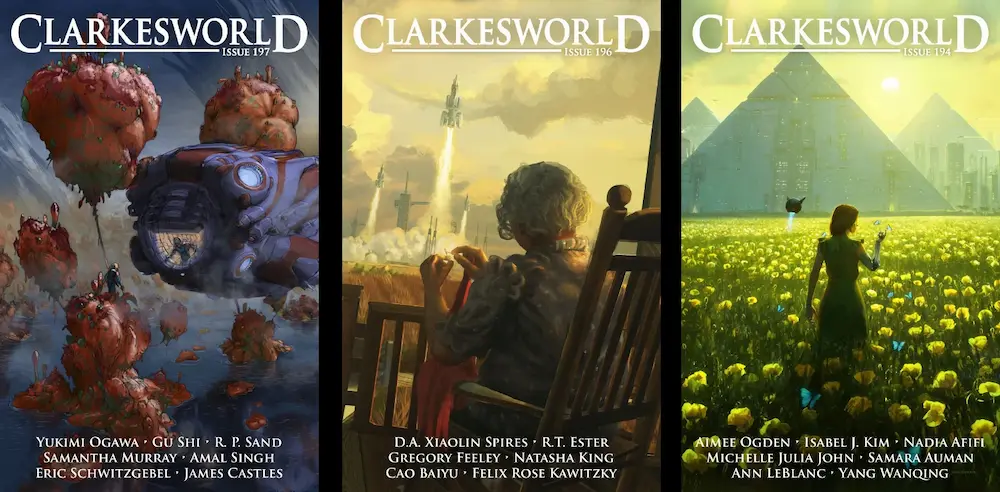According to reports, ChatGPT is listed as the author or co-author of over 200 books on Amazon’s Kindle store. The number of AI-written books is likely much greater than this, as Amazon’s policies do not require authors to disclose AI use. This is the latest example of AI-generated content flooding the market. It also plays a role in creating ethically questionable content since OpenAI’s November release.
Brett Schickler, a Rochester salesman, said he could see people making a career out of it. He published a children’s book through the Kindle Store. “The idea of writing books finally seemed possible.” Schickler’s 30-page story, The Wise Little Squirrel: A Tale of Saving and Investment, is self-published and sold for $2.99 digitally and $9.99 printed. Although the book earned Schickler less than $100 since January’s release, he spent only a few hours creating it using ChatGPT prompts such as “write a story of a father teaching his son financial literacy.”
The Kindle Store also offers AI-created content in the form of The Power of Homework for children, a poetry collection called Echoes of the Universe, and Galactic Pimp Volume 1, a sci-fi epic that tells the story of an interstellar brothel.
Mary Rasenberger (executive director of the Authors Guild) stated that “this is something we need to be concerned about, these books are going to flood the market, and many more authors will be out of work,” Or you will end up with many low-quality books; there must be transparency from authors and platforms.

Clarkesworld Magazine, a science-fiction magazine, has temporarily stopped short-story submissions due to receiving many articles suspected of using AI without disclosure. Although Editor Neil Clarke did not specify how they identified them, Clarkesworld Magazine has temporarily halted short-story submissions after receiving a flood of articles suspected of using AI without disclosure. While rejecting and banning these submissions was easy, it’s growing at an alarming rate that will require changes. The technology is getting better day by day, so detection will be more difficult.
Clarkesworld prohibits stories that are “written, co-written, or assisted by AI.” This month, Clarkesworld has removed over 500 users who submitted suspected AI-assisted content. Clarkesworld pays 12 cents per word. This makes it a target. It’s not about credibility, according to what I can see. It’s all about making quick money. Clarke tweeted that this is all they care about.
There are ethical concerns about transparency and questions regarding misinformation and plagiarism. ChatGPT, Bing AI from Microsoft, and Google’s Bard are all susceptible to “hallucinating,” confidently expressing false information. They are also trained on human-created content, almost without permission or knowledge of the original author. Sometimes they even use the same syntax as the source material.
Related Stories:
